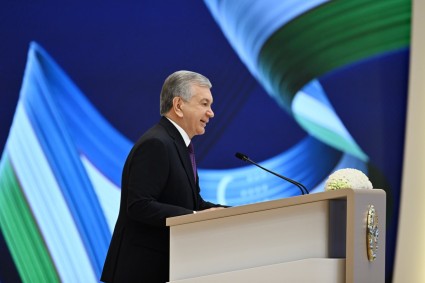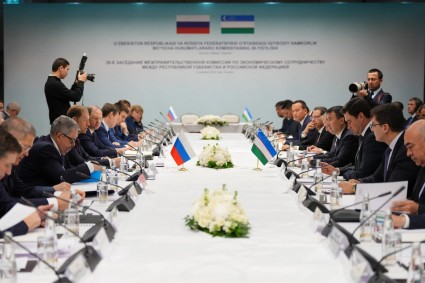Negotiations on the China-Kyrgyzstan-Uzbekistan Railway project are nearly finalized. This strategic project will significantly enhance trade and infrastructure across three nations. This was reported by the railway transport news portal Railway Supply.
China, Kyrgyzstan, and Uzbekistan are actively negotiating the final terms of the railway construction. This project will link key regions, improving connectivity and facilitating trade routes across Central Asia.
China Railway, a prominent contractor with vast expertise, has been chosen to lead the project. Investment responsibilities are shared among the countries, with China contributing the majority of the funds.
Recent reports reveal that China has committed $2.35 billion to support the railway construction and related infrastructure. This substantial funding demonstrates the importance of the project for regional logistics.
Economic Growth Through the China-Kyrgyzstan-Uzbekistan Railway
The railway aims to reduce transit times and lower logistics costs for transporting goods across borders. Improved trade routes will enhance competitiveness and boost regional economies in the long term.
Kyrgyz Prime Minister Akylbek Zhaparov highlighted that the project will create numerous jobs and attract foreign investments. Moreover, it strengthens economic partnerships and supports sustainable development across the three nations.
China-Kyrgyzstan-Uzbekistan Railway as a Regional Game-Changer
The railway project will serve as a vital link, connecting China, Kyrgyzstan, and Uzbekistan more effectively. It aligns with China’s international trade initiatives, bolstering the region’s logistics capabilities.
Experts believe that the railway will enhance the Eurasian transport network and increase trade flows. Logistics firms have already expressed interest in leveraging this new route for global operations.
Ultimately, the completion of negotiations and the start of construction will represent a key milestone. The China-Kyrgyzstan-Uzbekistan Railway will unlock new economic opportunities and solidify regional cooperation.











